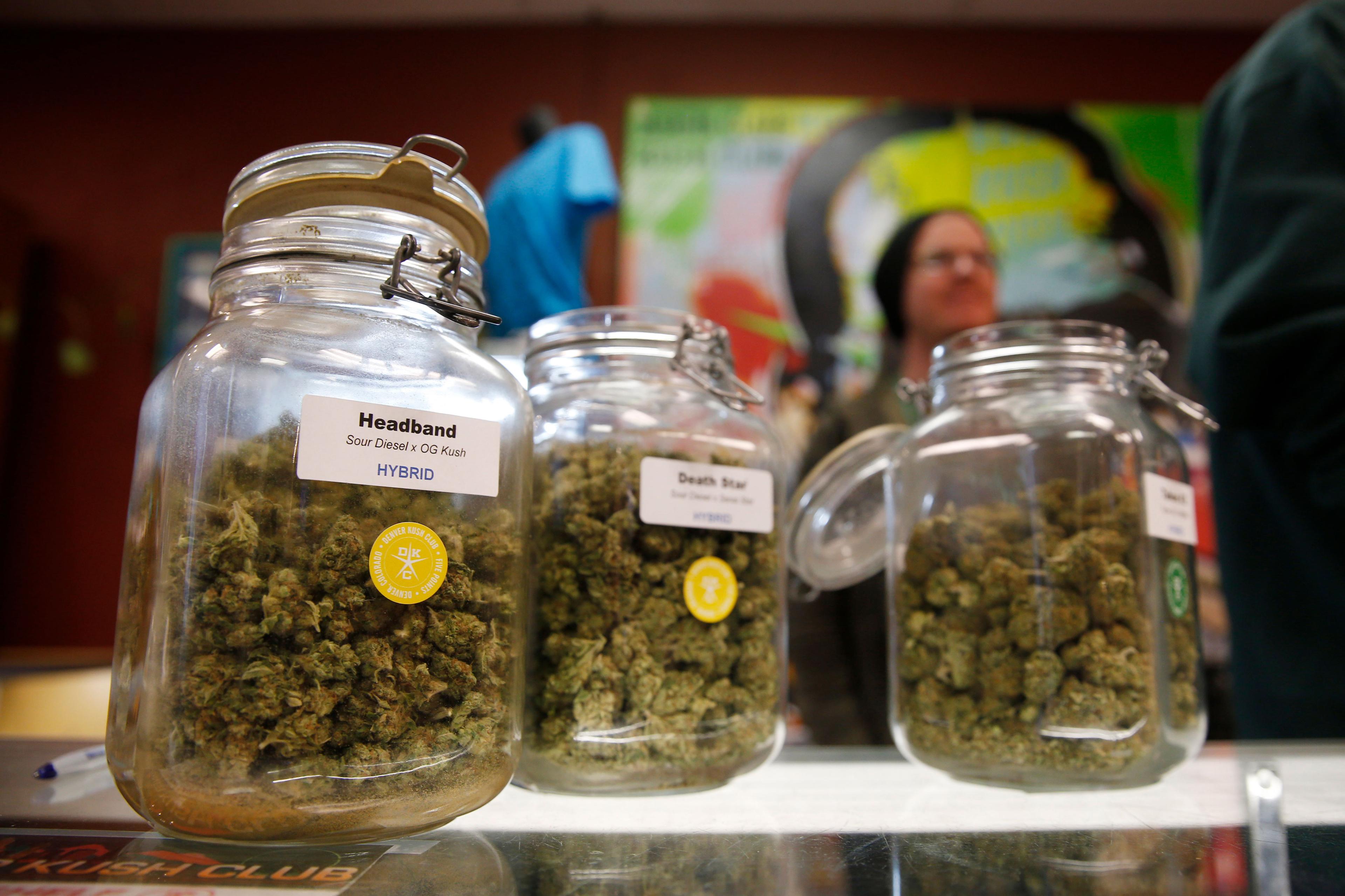

Colorado has collected $1 billion in marijuana taxes and fees since recreational stores opened in 2014.
The state Department of Revenue shared the number in a rare press release about cannabis taxes — usually, the tax numbers are updated online without comment.
“Today’s report continues to show that Colorado’s cannabis industry is thriving, but we can’t rest on our laurels,” said Gov. Jared Polis in the release. “We can and we must do better in the face of increased national competition. We want Colorado to be the best state for investment, innovation and development for this growing economic sector.”
- Where Does All The Marijuana Money Go? Colorado's Pot Taxes, Explained
Polis’ leadership was instrumental in a series of laws passed last session that could dramatically open up Colorado’s cannabis industry, including public trading, home delivery, and cannabis use clubs. The governor has long been a champion of the marijuana industry, in contrast to his predecessor John Hickenlooper, who vetoed similar bills.
Colorado, once a leader in the marijuana industry, has struggled to keep up with other states with larger populations and more business-friendly regulations. Hickenlooper took a cautious approach as governor, always considerate of how expanding the cannabis industry would play with federal authorities.
And over the last year, Colorado cannabis sales have begun to level out, which also threatens tax revenue. Last year, cannabis sales grew only 3 percent, dragged down by a rapid decline in medical sales. Recreational sales were up 11 percent, but medical was down 20 percent in 2018. Many businesses have complained about onerous regulations in the medical market coupled with a decline in registered medical users.
Still, marijuana advocates were quick to note the $1 billion tax figure, saying cannabis had fulfilled its promise of bringing in new revenue.
“We were never under the illusion that legalization would be a fiscal panacea, but we knew it would have a substantial and positive impact,” Brian Vicente, a co-author of the legalization amendment, said in a statement.








